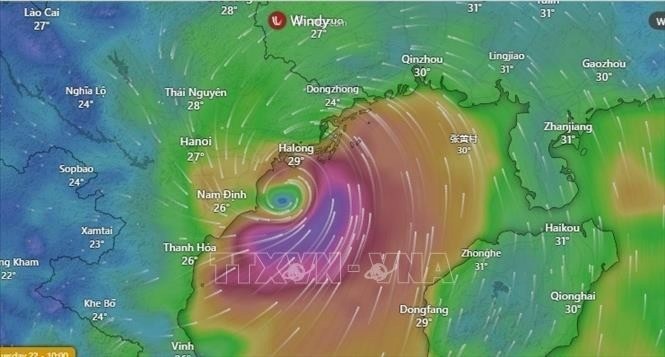
Regarding this issue, Mr. Vu Duc Long, Head of the Department of Hydrometeorological Forecasting and Data Information Management, Department of Hydrometeorology, Ministry of Agriculture and Environment said: In the digital age, it is inevitable that people access and share information quickly. People proactively updating and sharing information about storms is a positive thing, showing concern for the community. However, in a highly specialized field such as hydrometeorology, this agency is very worried about the situation where some individuals without expertise and proper training arbitrarily livestream, analyze, and forecast storms and floods based on maps from foreign applications without full understanding.
"This not only disrupts information, but also potentially causes public confusion, affects people's safety and the direction of disaster prevention and control by authorities," Mr. Vu Duc Long noted.
Assessing the reliability of the above information, Mr. Vu Duc Long said that meteorological forecasting, especially for dangerous weather phenomena such as storms and tropical depressions, requires global observation data, complex computational modeling systems and analysis and correction by a team of experts formally trained in the field of hydrometeorology. Weather charts from foreign apps cannot be used alone for speculation and cannot replace official forecasts from the national hydrometeorological forecasting system - the sole authority in Vietnam in issuing meteorological warning and forecast bulletins.
"Therefore, information from spontaneous livestreams, using maps from foreign applications without the ability to analyze scientifically , has very low reliability, and can even be seriously inaccurate," Mr. Vu Duc Long emphasized.
In addition, when people view information like the above, it has serious and multi-dimensional impacts. When people access false information, two scenarios can occur: First, people are negligent, subjective, and do not take necessary preventive measures because they think their area will not be affected. Second, people panic, spontaneously evacuate, and over-stockpile, disrupting social life and hindering the response management of local authorities.
In addition, the spread of unverified information also reduces people's trust in the official information system, thereby seriously affecting the effectiveness of command and control during natural disasters - which requires high unity and discipline in information and action.
In the face of the above situation, Mr. Long recommends that people only receive and share information about weather, storms and floods from official sources from the national hydrometeorological forecasting and warning system such as the National Center for Hydrometeorological Forecasting, Hydrometeorological Stations, the National Civil Defense Steering Committee, People's Committees and local disaster prevention agencies, and official television and press stations.
People should not share information from unprofessional, unknown, unverified personal channels, especially during complex natural disasters. People should also always stay calm, follow the instructions of local authorities and functional forces, and not act emotionally or follow advice from unreliable sources.
"In case of any questions, people can directly access the website or contact units of the National Hydrometeorological Forecasting and Warning System for accurate advice and support," Mr. Vu Duc Long suggested.
According to Mr. Vu Duc Long, information in natural disasters is a vital factor. "We call on people to be vigilant against fake news and false information; at the same time, promote a proactive and responsible spirit in receiving, verifying and spreading correct information, contributing to ensuring safety for themselves, their families and the community," Mr. Long wished.
Source: https://baolaocai.vn/canh-giac-voi-tin-gia-tin-sai-lech-ve-bao-lu-thien-tai-post649471.html


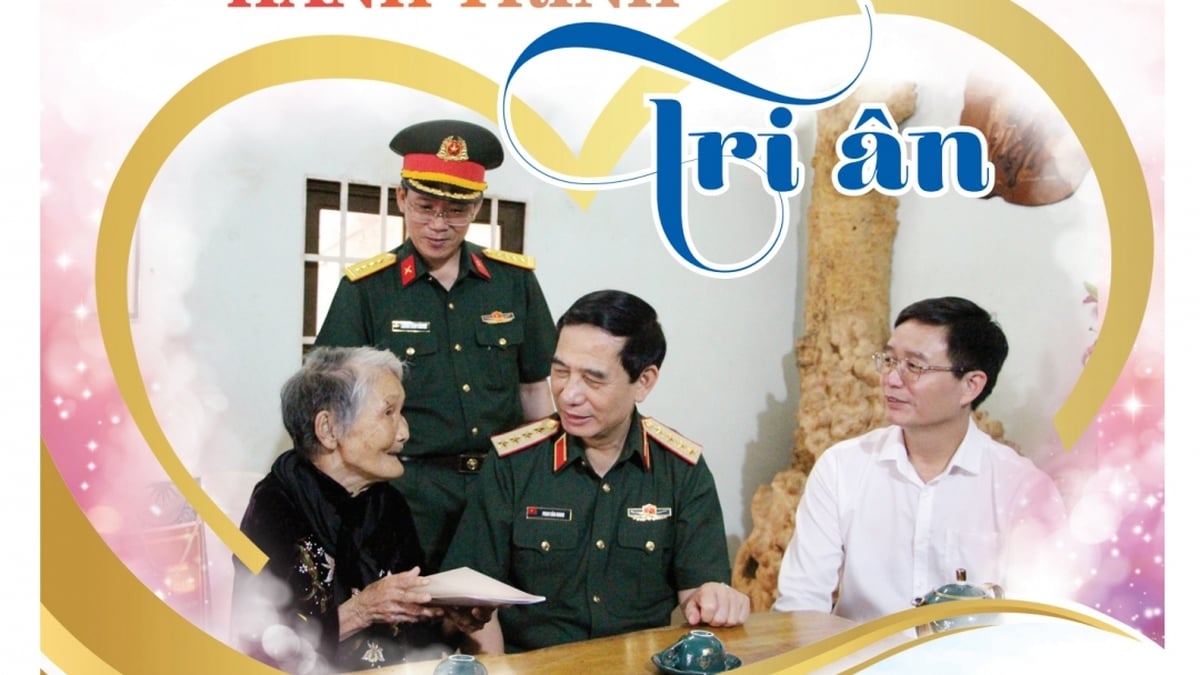


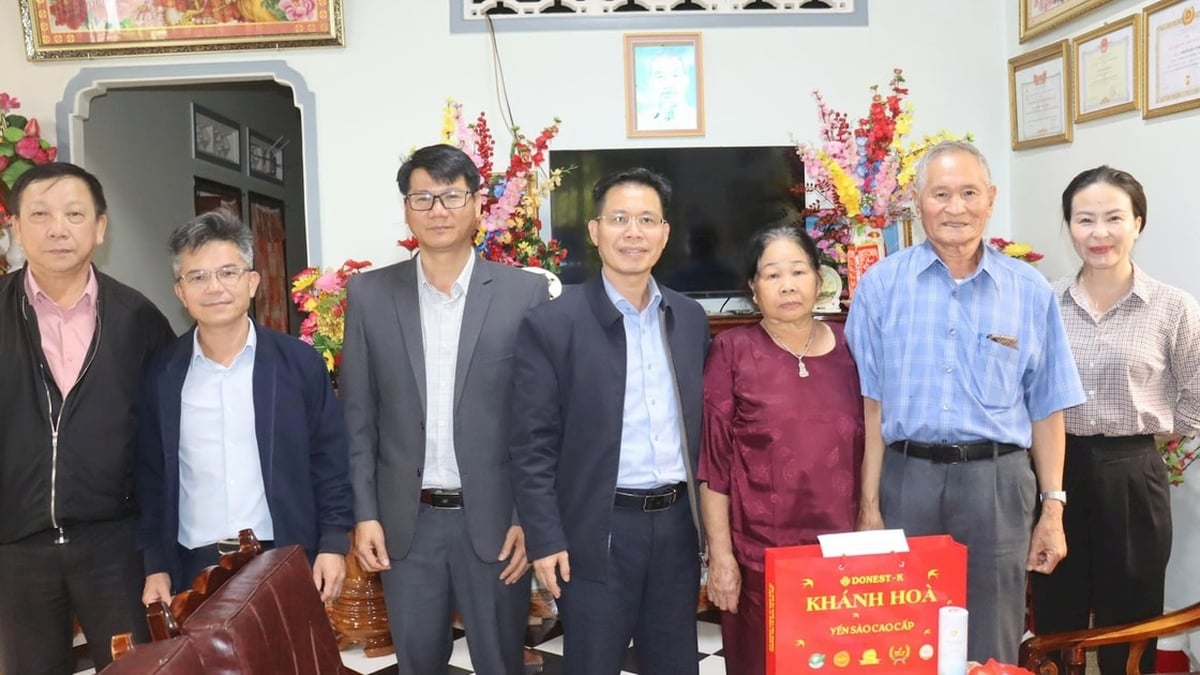
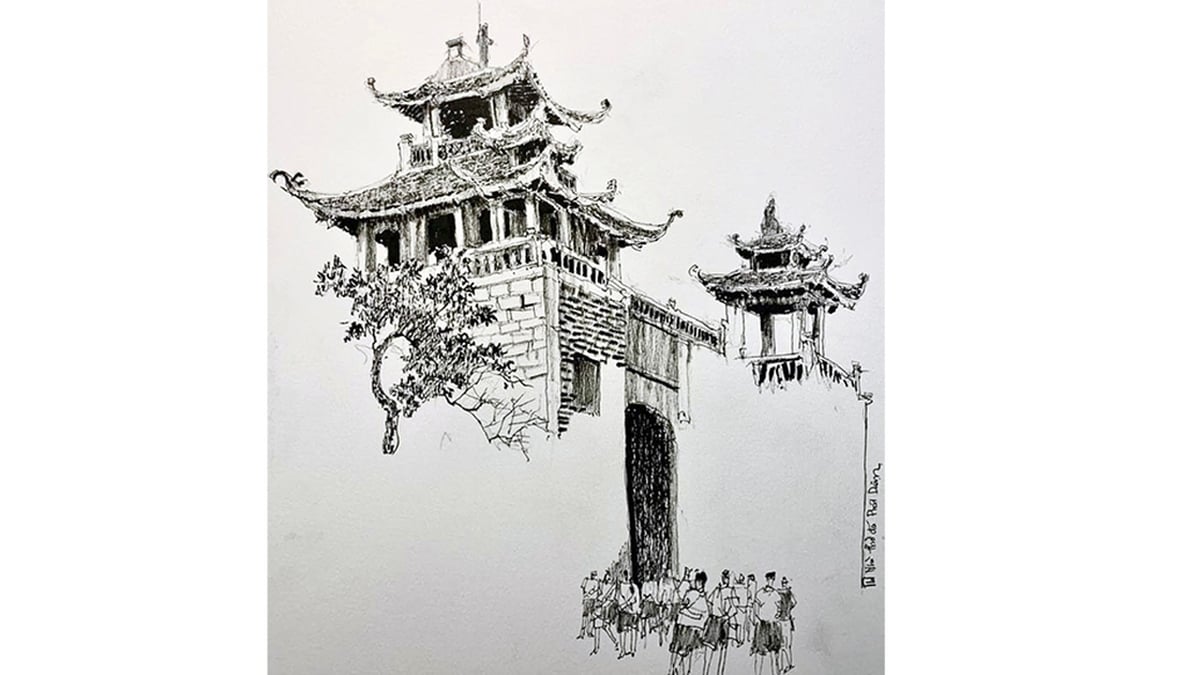


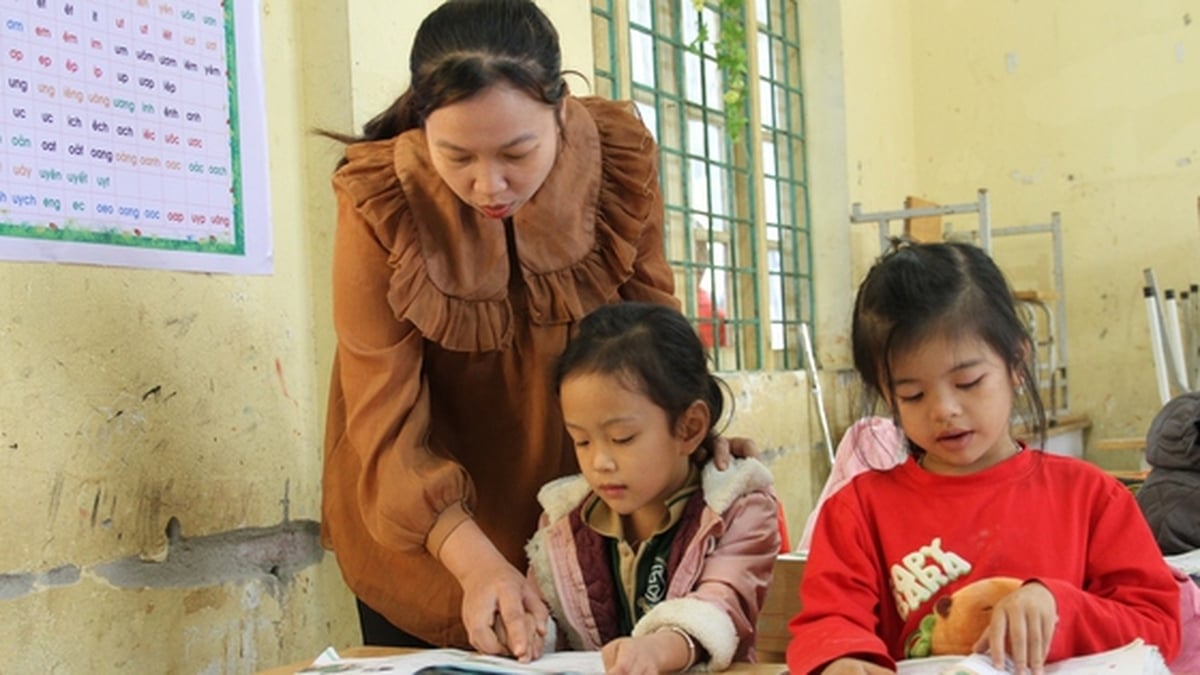
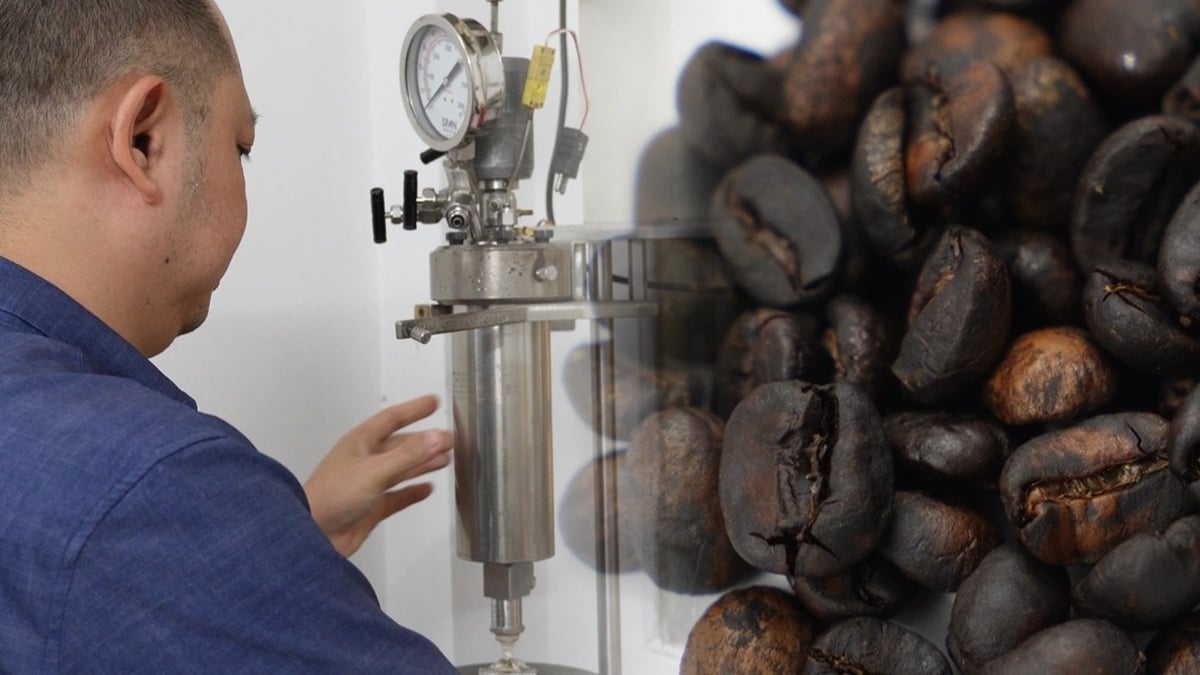
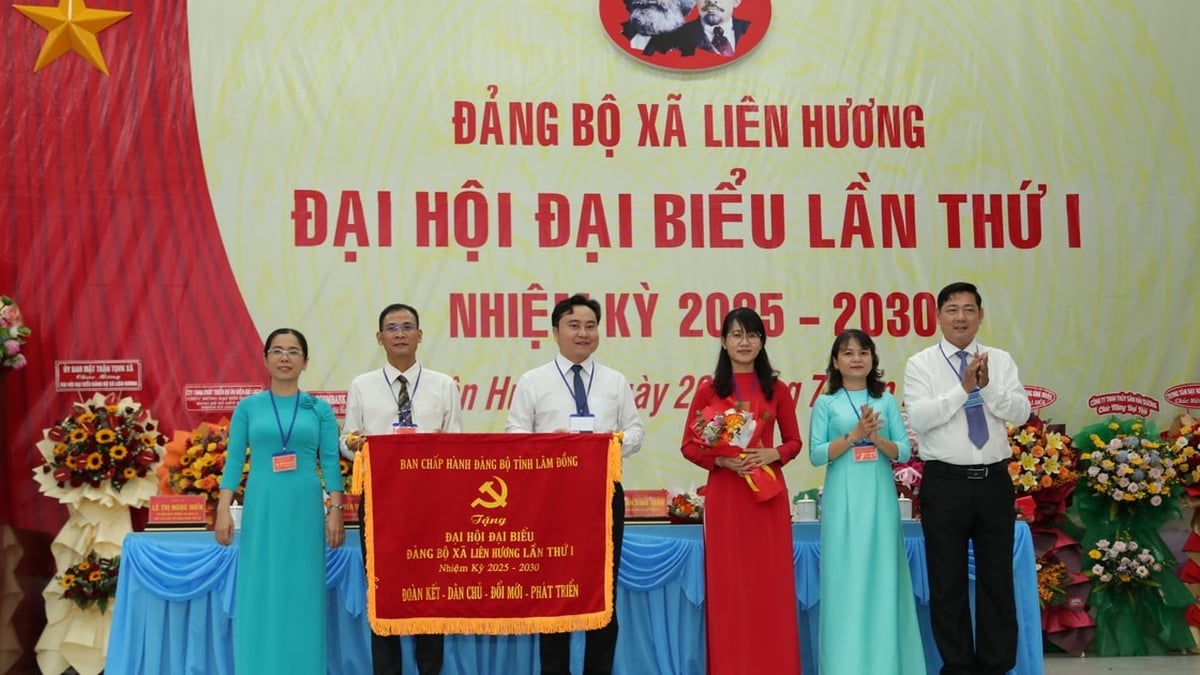































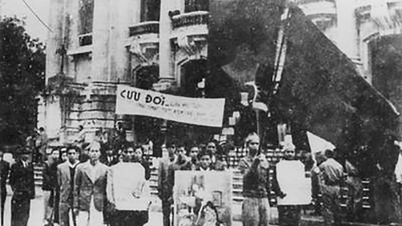























![[Photo] National Assembly Chairman Tran Thanh Man receives Chairman of Morocco-Vietnam Friendship Association](https://vphoto.vietnam.vn/thumb/402x226/vietnam/resource/IMAGE/2025/7/26/b5fb486562044db9a5e95efb6dc6a263)
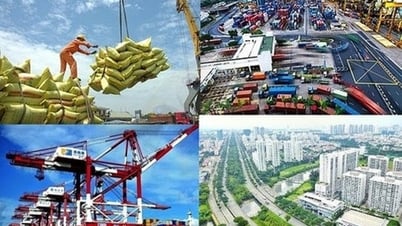


































Comment (0)